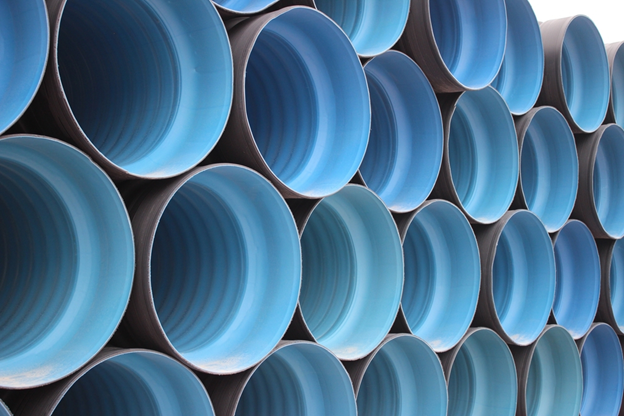Internal pipe coating plays a crucial role in many industries, providing durability and efficiency to pipelines used for transporting liquids and gases. This method involves applying protective coatings inside pipes to prevent corrosion, enhance flow efficiency, and extend the lifespan of the pipes themselves. Let’s explore how internal pipe coating benefits different sectors:
Oil and Gas Industry
In the oil and gas industry, where pipelines stretch for miles carrying valuable resources, internal pipe coating is indispensable. It protects against corrosion caused by the chemicals and moisture present in oil and gas, ensuring the integrity of the pipelines.
This coating also reduces friction inside the pipes, facilitating smoother flow and maximizing operational efficiency. For the safe transportation of fuels, internal pipe coatings are essential, especially when integrated with advanced Fuel Filtration System.
Water Treatment and Distribution
In water treatment plants and distribution networks, internal pipe coating helps maintain water quality and pipeline durability. By preventing rust and scale buildup, these coatings ensure that clean water reaches homes and businesses without contamination.
They also reduce the need for frequent maintenance and replacement, saving costs and minimizing disruptions to water supply systems. Integrated with modern filtration systems, internal pipe coatings enhance the efficiency of water treatment processes, ensuring safe and reliable delivery of clean water.
Chemical Processing
In chemical plants and refineries, where pipelines handle corrosive substances, internal pipe coatings provide critical protection. These coatings shield pipes from chemical reactions that could lead to deterioration, leaks, or contamination of products.
By maintaining the integrity of pipelines, internal coatings support the safe processing and transportation of chemicals, contributing to operational reliability and safety standards.
Manufacturing and Industrial Applications
In manufacturing facilities and various industrial applications, internal pipe coating is utilized to safeguard pipelines from wear and tear caused by abrasive materials or harsh operating conditions. By reducing friction and resisting corrosion, these coatings help maintain optimal flow rates and prevent blockages.
This improves operational efficiency, reduces downtime for maintenance, and extends the service life of industrial pipelines.
Energy Production and Distribution
In energy production and distribution, internal pipe coatings are essential for ensuring the reliability and longevity of pipelines that transport fuels and other energy resources. By preventing corrosion and minimizing friction, these coatings enhance the efficiency of energy transfer processes, supporting sustainable energy distribution networks.
Integrated with advanced fuel filtration systems, internal pipe coatings contribute to the efficient operation and environmental sustainability of energy production facilities.
Construction and Infrastructure
In construction projects and infrastructure development, internal pipe coatings are applied to protect pipelines embedded within buildings, tunnels, and underground structures. These coatings prevent corrosion caused by moisture and environmental factors, ensuring the structural integrity of pipelines over time.
By reducing the risk of leaks and failures, internal pipe coatings support the durability and safety of construction projects, enhancing overall infrastructure resilience.
Conclusion
Internal pipe coating offers significant benefits across various industries, including enhanced corrosion resistance, improved flow efficiency, and extended pipeline lifespan.
Whether in oil and gas, water treatment, chemical processing, manufacturing, energy production, or construction, the application of internal pipe coatings is crucial for maintaining operational reliability, safety, and sustainability.

